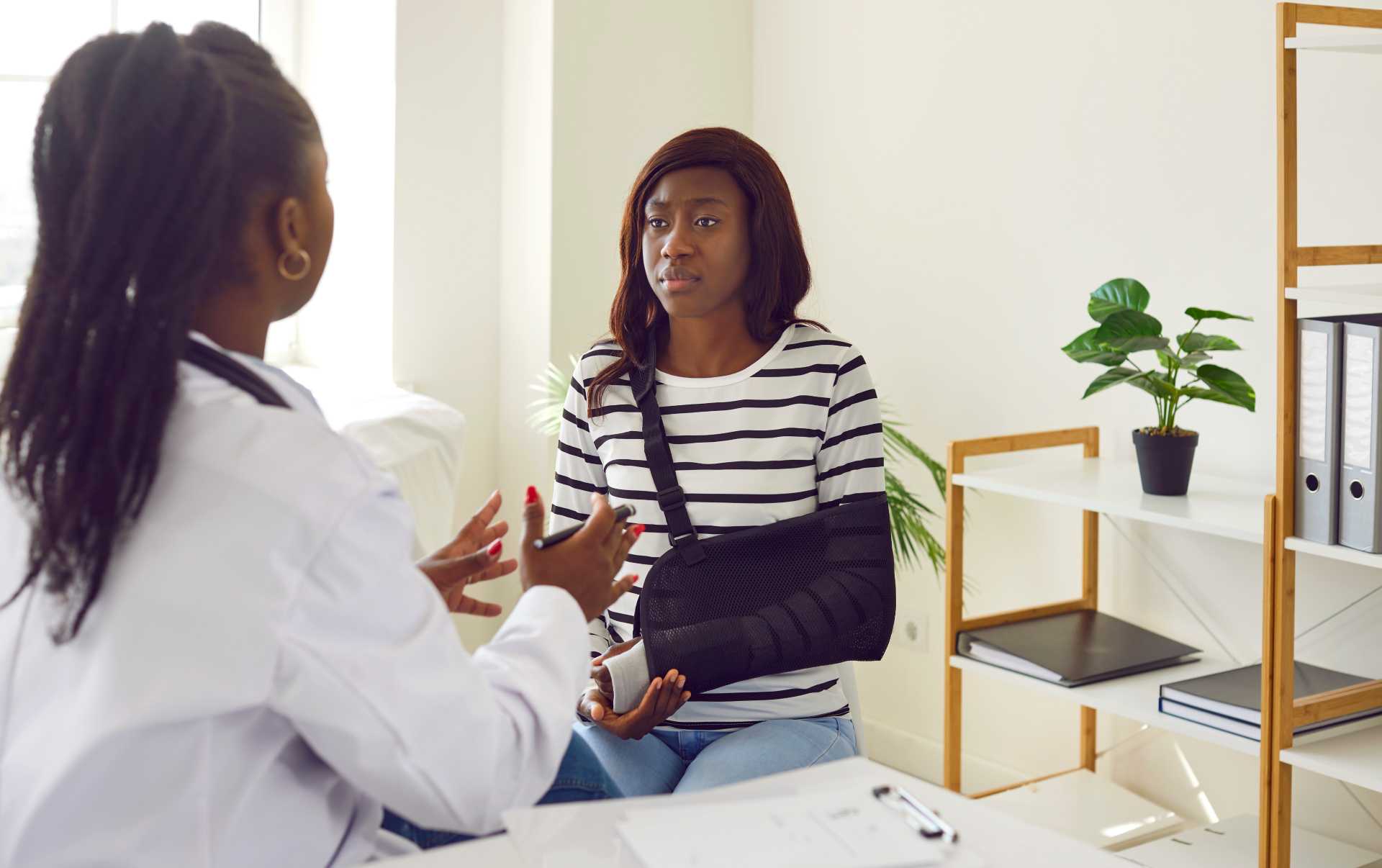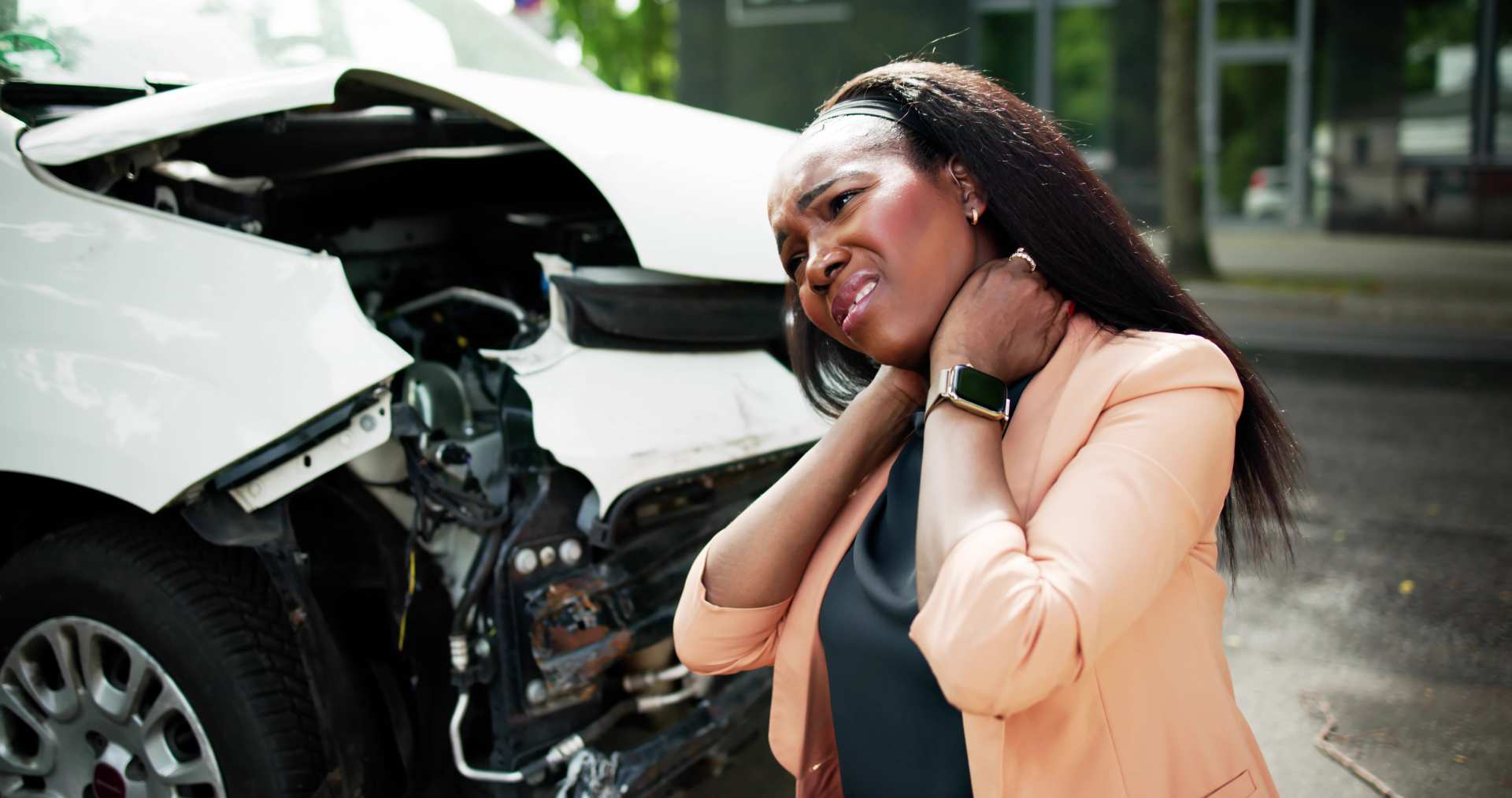Car accidents are an unfortunate reality of driving, and even the most cautious drivers can be involved in a collision. While severe injuries often get the most attention, minor car accident injuries are far more common.
Seeking medical attention promptly ensures timely and appropriate care, especially if you suspect a minor injury. For instance, urgent care clinics are a great option for these situations, offering same-day or walk-in appointments with qualified medical professionals.
Understanding these injuries and their potential implications empowers you to make informed decisions about your health after an accident.
Minor Vs Major Car Accident Injuries
In the aftermath of a car accident, injuries can be categorized as major or minor. Major injuries include severe trauma such as broken bones, internal bleeding, or significant head injuries, requiring immediate and intensive medical care. Minor injuries, on the other hand, are less severe but can still be quite painful and disruptive. It’s important to note that some minor injuries can develop into more serious conditions if left untreated.
Common Types of Minor Car Accident Injuries
Whiplash
Whiplash is one of the most common injuries sustained in car accidents, especially in rear-end collisions. It occurs when the head is suddenly jolted forward and then backward, causing the neck to move beyond its normal range of motion. This rapid movement can strain or sprain the neck muscles and ligaments.
Symptoms of Whiplash:
- Neck pain and stiffness
- Headaches, often starting at the base of the skull
- Dizziness and fatigue
- Pain or tenderness in the shoulders, upper back, or arms
Whiplash symptoms can be delayed. They can develop over several hours or even days after a car accident. If you experience any of these symptoms following a car accident, seeking medical attention is essential for proper diagnosis and treatment.
Bruises and Contusions
Bruises, also known as contusions, are caused by the impact of the body against objects inside the car, such as the steering wheel, dashboard, or seatbelt. The force of the collision can break small blood vessels under the skin, leading to discoloration and swelling.
Symptoms of Bruises and Contusions:
- Skin discoloration (blue, purple, or yellowish tint)
- Swelling and tenderness
- Pain that may vary in intensity
Bruises typically heal on their own within a few days to a couple of weeks. Monitor them for signs of more serious injury, such as increasing pain, significant swelling, or difficulty moving the affected area.
Cuts and Lacerations
Cuts and lacerations can occur during a car accident due to broken glass, sharp edges, or impact on the interior parts of the car. While many cuts are minor and can be treated with basic first aid, some may require medical attention.
First Aid Measures for Cuts and Lacerations:
- Clean the wound with soap and water to prevent infection.
- Apply pressure with a clean cloth to stop bleeding.
- Use an adhesive bandage or sterile dressing to cover the wound.
Seek medical attention if the cut is deep, won’t stop bleeding, shows signs of infection, or if foreign objects are embedded in the wound.
Muscle Strains and Sprains
The sudden movements and forces experienced in a car accident can lead to muscle strains and sprains. A muscle strain occurs when the muscle fibers are overstretched or torn, while a sprain involves the stretching or tearing of ligaments.
Common Symptoms of Muscle Strains and Sprains:
- Pain and tenderness in the affected area
- Swelling and bruising
- Limited range of motion
- Muscle spasms or weakness
Basic treatment for muscle strains and sprains includes rest, ice application, compression, and elevation (the R.I.C.E. method). Over-the-counter pain relievers can also help manage pain and inflammation. If symptoms persist or worsen, it’s advisable to seek medical evaluation.
Minor Fractures
Minor fractures, also known as hairline or stress fractures, can occur in car accidents due to the impact forces. These fractures are small cracks in the bone that may not be immediately noticeable but can cause significant discomfort.
Symptoms of Minor Fractures:
- Pain that worsens with movement or pressure
- Swelling and tenderness around the affected area
- Bruising or discoloration
Get an X-ray to confirm the presence of a fracture. Depending on the severity, treatment may involve immobilization with a cast or brace, and in some cases, physical therapy to aid recovery.
Minor Car Injury Symptoms to Watch For
Remember, not all symptoms appear immediately after a car accident. Be mindful of your body in the following days and seek medical attention if you experience any of these:
- Increasing pain, swelling, or redness at the injury site
- Numbness or tingling in the injured area
- Difficulty moving the injured area
- Headaches, dizziness, or difficulty concentrating
- Worsening pain in the neck, back, or abdomen
Even if your symptoms seem minor, it’s always better to err on the side of caution. A doctor can properly diagnose your injury and ensure you receive the right treatment for a full recovery.
When to See a Doctor for Minor Car Accident Injuries
 Even if your injuries seem minor, seeing a doctor can ensure that there are no underlying issues that could worsen over time. Early treatment can prevent complications and promote faster recovery. Here are some guidelines on when to visit a doctor:
Even if your injuries seem minor, seeing a doctor can ensure that there are no underlying issues that could worsen over time. Early treatment can prevent complications and promote faster recovery. Here are some guidelines on when to visit a doctor:
- Persistent Pain: If pain continues for more than a few days or becomes more intense, it’s time to see a doctor.
- Severe Bruising or Swelling: If a bruise doesn’t start to fade after a week or if swelling is significant, seek medical attention.
- Difficulty Moving: Any trouble moving a limb or joint warrants a visit to the doctor to rule out fractures or severe sprains.
- Signs of Infection: Redness, warmth, or pus around a cut or laceration are signs of infection and should be treated promptly.
- Recovery and Rehabilitation for Minor Car Accident Injuries
Recovering from minor car accident injuries involves a combination of rest, medical care, and rehabilitation. Here’s what you can expect in the recovery process:
- Rest: Giving your body time to heal is crucial. Avoid strenuous activities and allow your injuries to recover.
- Physical Therapy: Depending on the injury, physical therapy may be recommended to restore strength, flexibility, and range of motion. A physical therapist can design a personalized exercise program to aid recovery.
- Chiropractic Care: Chiropractors can help manage pain and improve mobility through adjustments and other treatments, particularly for injuries like whiplash.
- Follow Medical Advice: Adhering to your doctor’s recommendations, including taking prescribed medications and attending follow-up appointments, is essential for a smooth recovery.
Managing pain and promoting healing can be achieved through a combination of ice and heat therapy, gentle stretching, and maintaining a healthy diet to support your body’s healing process.
Get Comprehensive Car Accident Injury Care at AICA Orthopedics
At AICA Orthopedics, we understand the immediate need for car accident injury care. Our urgent care facilities offer same-day appointments, ensuring you get the prompt, expert attention you need. With on-site MRI and X-ray capabilities, we provide fast, accurate diagnoses, streamlining your recovery process.
With 14 locations in metro Atlanta, accessing our specialized services is convenient and hassle-free. Our multidisciplinary team, including orthopedic surgeons, chiropractors, neurosurgeons, and physical therapists, collaborates to provide you with individualized care. Beyond medical treatment, we assist in compiling documentation for insurance claims and provide referrals to expert legal counsel if necessary.
Trust AICA Orthopedics for comprehensive same-day care and support after your car accident. Schedule an appointment today!





